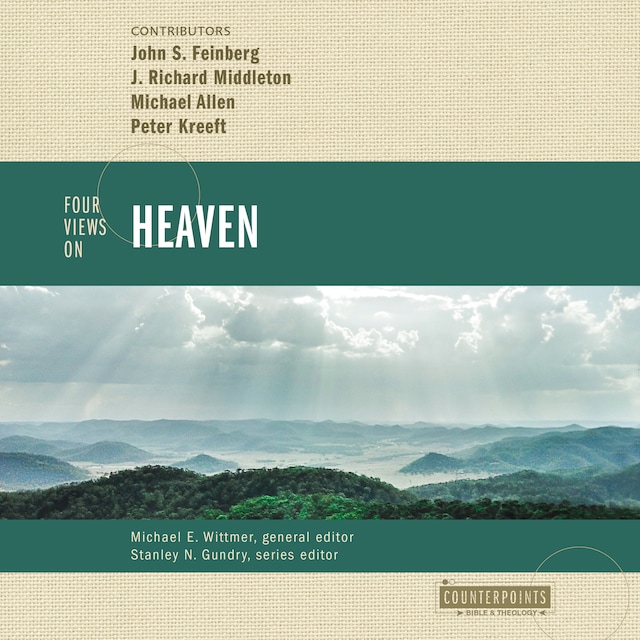
Four Views on Heaven
Opis książki
Discover Different Christian Views on What Heaven Will Be Like
Christians from a variety of denominations and traditions are in middle of an important conversation about the final destiny of the saved. Scholars such as N. T. Wright and J. Richard Middleton have pushed back against the traditional view of heaven, and now some Christians are pushing back against them for fear that talk about the earthiness of our final hope distracts our attention from Jesus.
In the familiar Counterpoints format, Four Views on Heaven brings together a well-rounded discussion and highlights similarities and differences of the current views on heaven. Each author presents their strongest biblical case for their position, followed by responses and a rejoinder that model a respectful and irenic tone toward those with whom they disagree.
Positions and contributors include:
Heaven: John S. Feinberg. This traditional view says our destiny is to leave earth and live forever in heaven where we will rest, worship, and serve God. We cannot say much about what heaven is like because its pleasures and glory will far surpass anything experienced here. We will be perfect in every way, both morally and in our knowledge. This heavenly vision may seem boring, but only because we are considering heaven from our earthly perspective.Earth: J. Richard Middleton. This position counters the popular Platonic notion of heaven by emphasizing that the saved will live forever with Jesus on this restored planet. Worshiping Jesus will be the climax of our experience, but we will also enjoy ordinary human activities in our redeemed state.Heavenly Earth: Michael Allen. Increasing number of Protestant theologians disagree with the otherworldly Platonic vision of our final destiny but also suspect that Kuyperians have swung too far in the other direction. His view sounds like a Protestant version of the beatific vision. We will be on earth, but totally locked into Jesus in unceasing praise. This view seeks to highlight both the strengths and weaknesses of the heavenly and earthly views.Roman Catholic Beatific Vision: Peter Kreeft. The beatific vision is the ultimate direct self communication of God to the individual. A person possessing the beatific vision reaches, as a member of redeemed humanity in the communion of saints, perfect salvation in its entirety, i.e. heaven. The notion of vision stresses the intellectual component of salvation, though it encompasses the whole of human experience of joy, happiness coming from seeing God finally face-to-face and not imperfectly through faith.The Counterpoints series provides a forum for comparison and critique of different views on issues important to Christians. Counterpoints books address two categories: Church Life and Bible and Theology. Complete your library with other books in the Counterpoints series.



